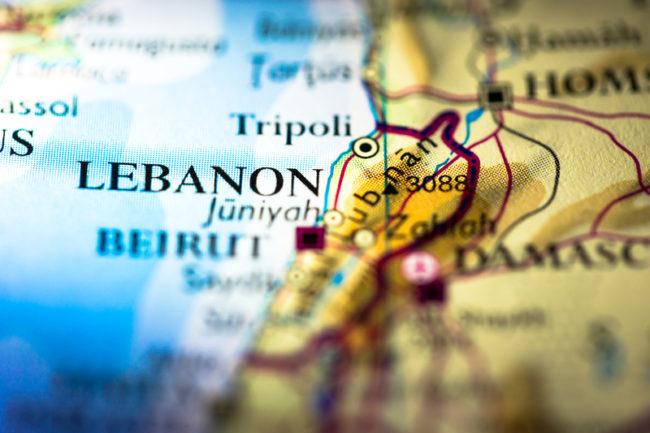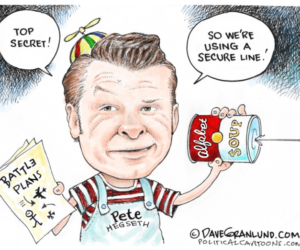
The United Nations is struggling doggedly to put a shattered Lebanon back together and get aid flowing again from its benefactors in the US, Europe and Arab Gulf countries. But prospects are shaky at best.
UN chief Antonio Guterres took the unusual step of visiting Lebanon earlier this week to push its various political factions towards compromise. He has pledged to provide more international support for Lebanon even though it is a collapsing state in the throes of government incompetence. Corrupt leaders have squabbled for years while the once flourishing country sank into poverty.
“These past two days, I have urged Lebanon’s political leaders to work to implement reforms that respond to the demands of the Lebanese people for greater welfare, accountability, protection and transparency in order to restore hope for a better future,” Guterres said.
“Seeing the suffering of the people of Lebanon, Lebanese leaders do not have the right to be divided and paralyze the country,” he scolded.
A politically stable Lebanon is vital for peace in the Middle East, especially for the security of Israel which is threatened regularly by armed Islamists in war torn Syria and the Hezbollah militia in southern Lebanon.
But Lebanese politics is a maze of fractures requiring compromises that leaders have failed to reach even after the COVID-19 pandemic in 2020 and a gigantic port explosion in Beirut, a city long admired as the Paris of the Middle East. An enormous stockpile of ammonium nitrate exploded in August 2020 killing more than 200 people, causing unprecedented property damage and rendering some 250,000 people homeless.
The World Bank described the subsequent economic collapse as the worst in 150 years and the large majority of Lebanon’s population fell below the poverty line while the cost of living spiraled upwards.
“All government institutions are measured on results: social protection, access to electricity and water, education and basic healthcare, good governance and the protection of human rights,” Guterres pointed out. But his appeals may fall on deaf ears although the current fragile Lebanese government is desperate for a funding agreement with the International Monetary Fund (IMF).
IMF talks are expected in early 2022 and national elections are slated for spring. But before that, the government must stop its infighting and convince the US and Europe that their financial help will not be wasted.
Lebanon’s gross domestic product (GDP) plunged from $55 billion in 2018 to a projected $20.5 billion in 2021, and real GDP per person fell by 37.1 percent. The economy is expected to contract further in 2022 as private consumption drops and pandemic-related issues worsen the economic, financial and debt crises.
Like poverty, unemployment is rising and basic services have collapsed. The cost of imported food, fuel and medicines has rocketed upwards and there are electricity blackouts across the country. There is a severe shortage of medicines and health services have suffered heavily.
Now, despite Guterres’ goodwill, the extent and speed at which aid and investments arrive will depend on the much-needed fiscal, financial and governance reforms. Without these, recovery and reconstruction cannot be sustainable, and the social and economic situation will continue to worsen.
Lebanon has no majority political identity because it has approximately equal numbers of Muslim Sunnis, Muslim Shiites, and Christians. Each community is splintered and fractious and coexistence both within and among them is fragile.
There is a rigid division of the top jobs in government. The president must be a Maronite Christian, the prime minister a Sunni, the speaker of the parliament a Shiite, the deputy prime minister and the deputy speaker of parliament Eastern Orthodox Christian, and so on.
These divisions have nurtured a political elite shielded from normal democratic scrutiny because of the threat that upsetting the balances could reignite open conflict or civil war.
The hope now is that the current crisis will force this system to break and a new one put in place through peaceful negotiations. Waves of street protests since 2019 signal that the people no longer want these religious divisions and ossified politics but the elites are still clinging to their privileges protected by the system.
Guterres visited personally just before Christmas to signal that the world stands ready to help but only if Lebanese politicians convincingly demonstrate willingness to work together for everyone in the country, including nearly two million Syrian and Palestinian refugees.
Photo 183146736 / Map Lebanon © Hon Chung Ham | Dreamstime.com
















